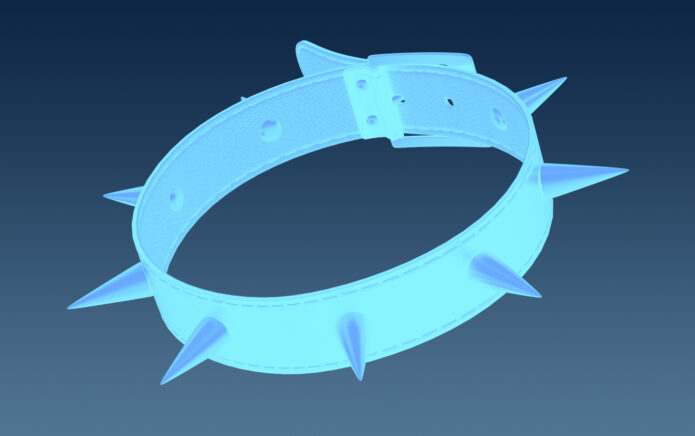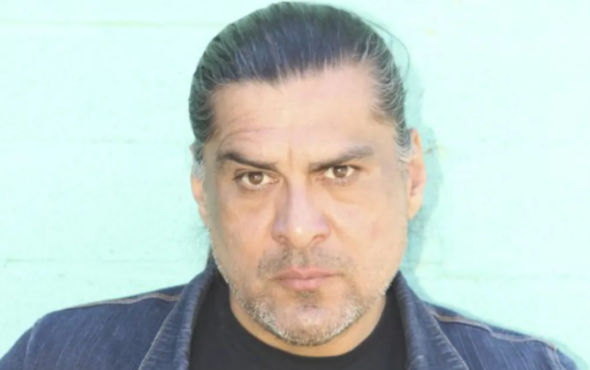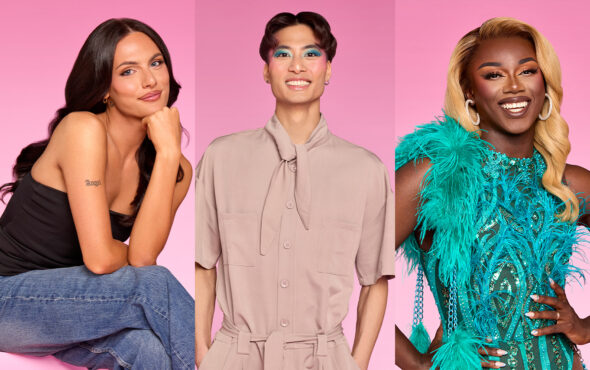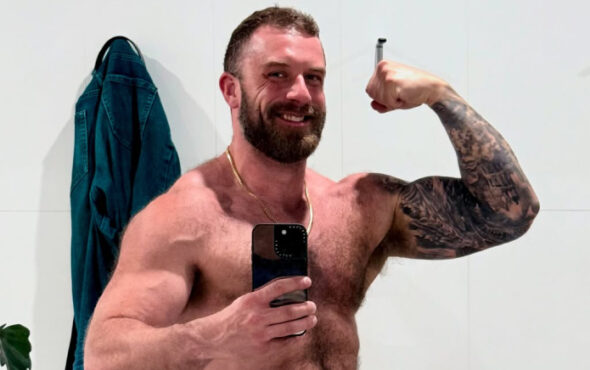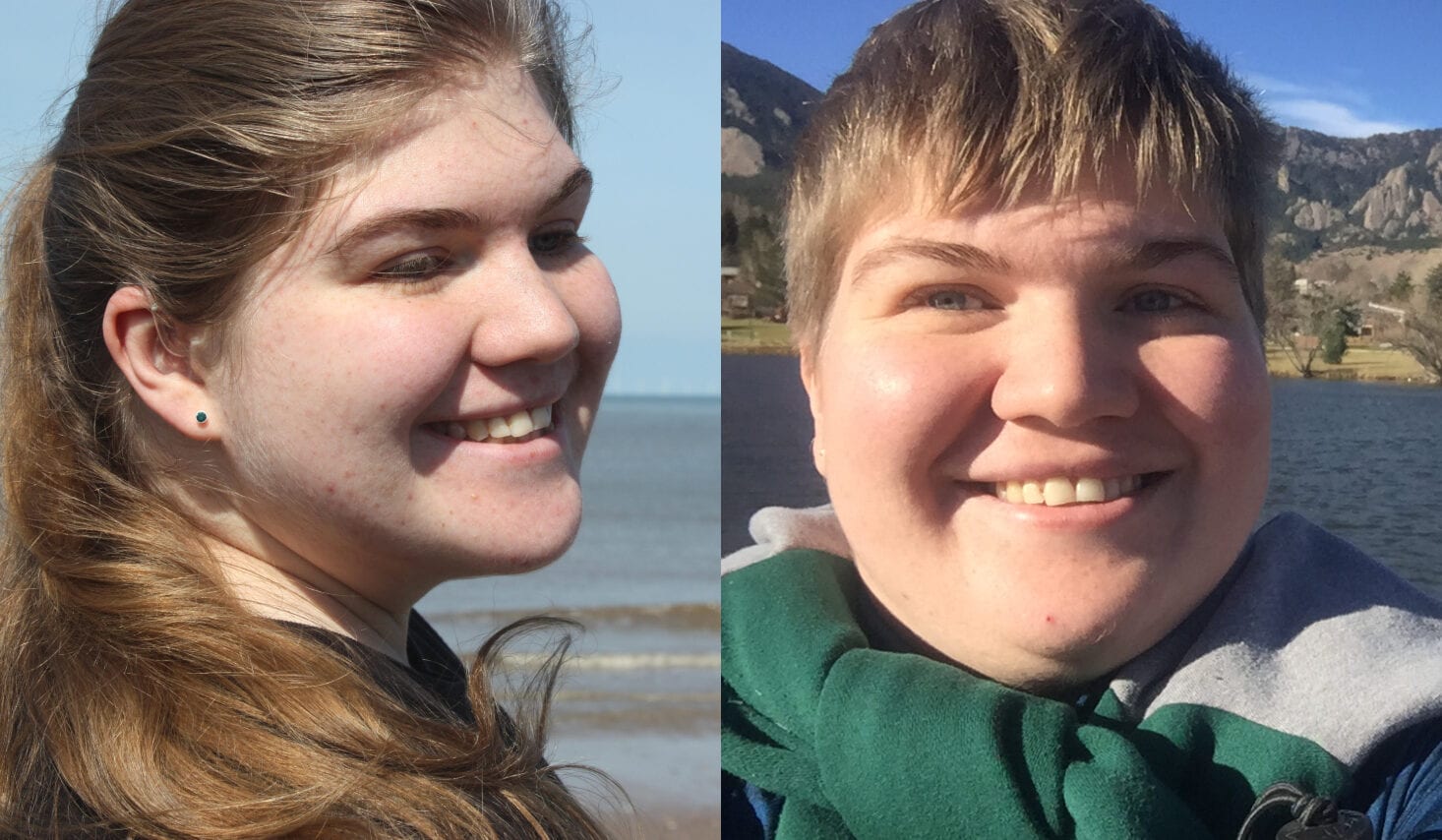
Being transgender in the UK is difficult, and being transgender and disabled is compounding.
As part of the #YoungerMe campaign by Just Like Us, the charity for LGBTQ+ young people that I volunteer with, I’ve decided to open up about my experiences growing up and dealing with both transphobia and ableism.
As a disabled transgender person, representation is still so lacking. When I was growing up, people with disabilities were feared and ignored and I do not recall knowing that transgender people existed before I went to university.
This meant that although I knew I was different, I couldn’t label who I was, I used to identify as just weird because to me, I could not see anyone who was even remotely like me.
Growing up, I needed to see someone like me, or even the celebration of difference, even today, it is difficult to find people who are also transgender and disabled.
I have one friend who is visually impaired and transmasculine and it’s kind of amazing to see how similar our experiences have been in certain respects.
I used to identify as just weird because to me, I could not see anyone who was even remotely like me.
I find most people are more comfortable with my disability than my transgender identity – sometimes it almost feels like you have to pick one marginalised identity.
Finding somewhere to fit in when you have identities where someone pities you for one (disability) and is scared of you for the other (transgender) leaves you vulnerable and searching for a safe space.
When you can’t find a role model or someone who represents you, often it becomes your task to be visible and represent your community.
Finding a community is complex. In my case, I’ve found that I have two separate communities; the disabled community and the LGBTQ+/trans community. It is really difficult to merge these two communities.
Those in the LGBTQ+ community often do not understand my disabilities and those within the disabled community often do not understand my trans identity.
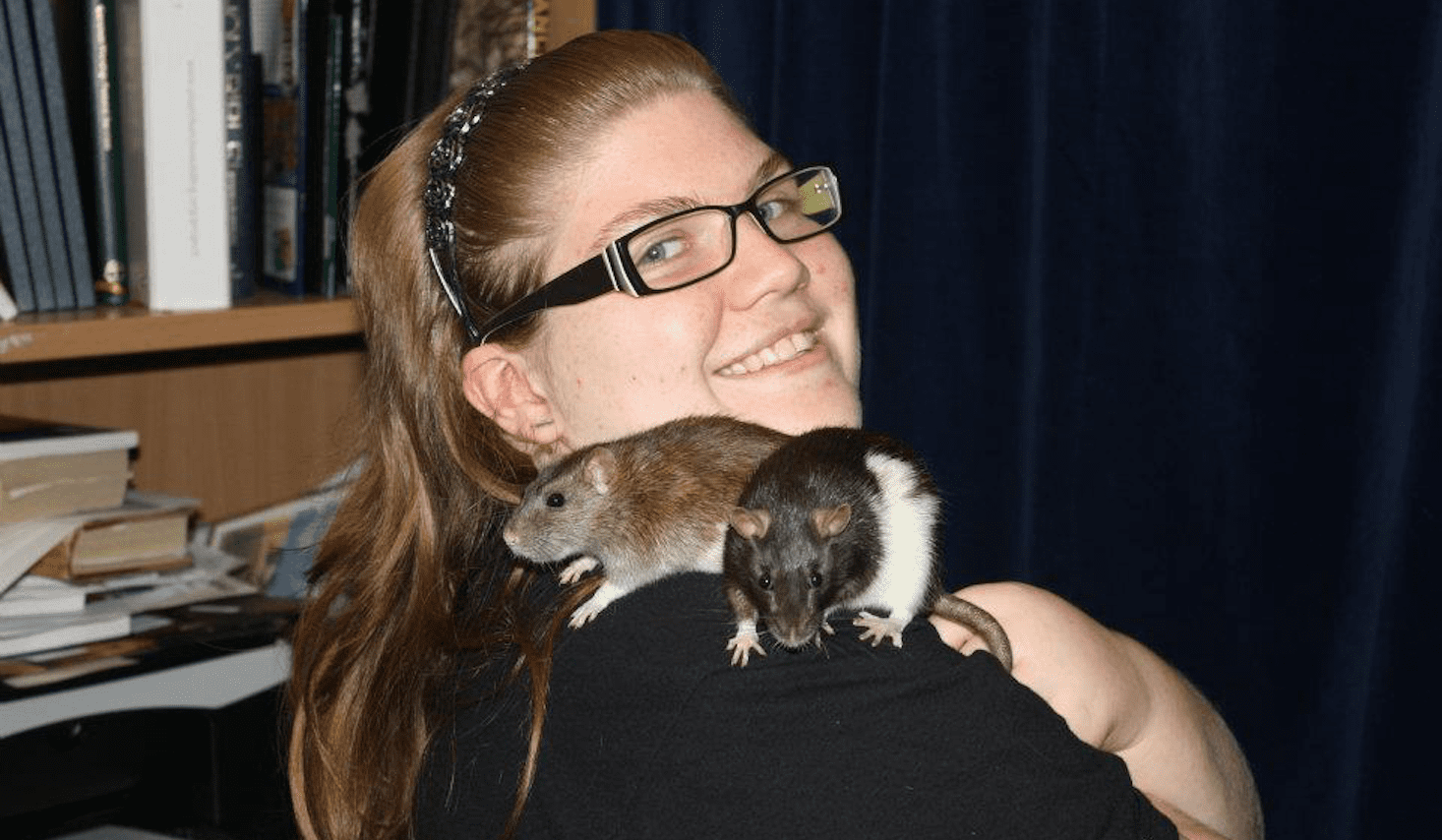
Thankfully, the creation of a trans disability community is beginning to gain momentum. The growth in this community can be seen on social media – a place where we can finally lower the walls we’ve had to build up when dealing with transphobia and ableism.
This is where I found my community – where I can exist without having to explain anything about my disability or transgender identity, and meet others with similar lived experiences.
Whilst this is important, to have somewhere to be myself without social boundaries, it’s also really important to be visible and have more understanding of transgender and disability related issues and identities in mainstream society.
Being visible and representing my community is one of the reasons why I volunteer with Just Like Us, an LGBTQ+ charity that goes into schools and tells people about different LGBTQ+ identities and how to be a good ally.
Being part of an open and diverse charity has enabled me to exist authentically whilst also helping others understand more about transgender identity and disability.
I find most people are more comfortable with my disability than my transgender identity – sometimes it almost feels like you have to pick one marginalised identity.
Although gay rights have progressed in society over the years, moving on from discussions around people’s mere existence to having marriage equality recognised, the debate about transgender people is still in the debate and discussion phase.
Being disabled is also more recognised now but there is still a lack of tolerance and nuanced understanding of what disability means for different people, and how their lives are so thoroughly more constrained by those disabilities.
We need to move forward from this fear towards education, engagement and acceptance.
Nowadays, I work within Spectra’s trans empowerment programme, I’m married to a fabulous woman who is also trans and disabled, and I’m a volunteer with charity Just Like Us.
Younger me needed to know that you can be disabled, transgender and happy – and hopefully I’m living proof of that.
For more information about Just Like Us and their #YoungerMe campaign, visit their website here.
